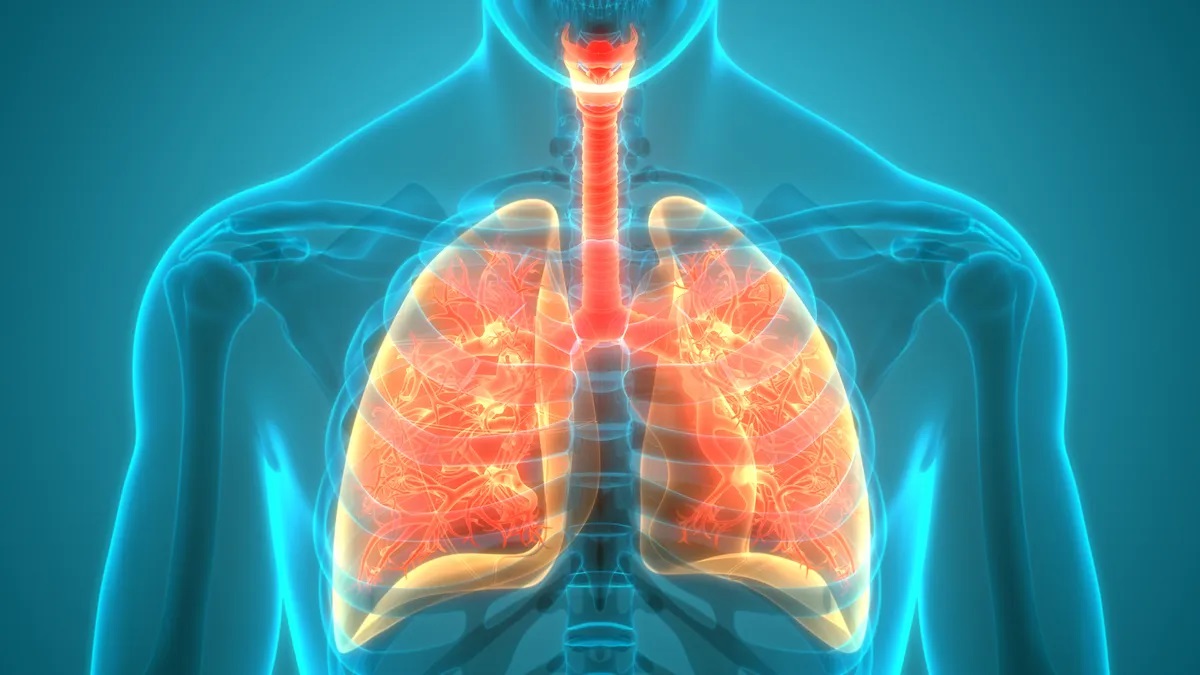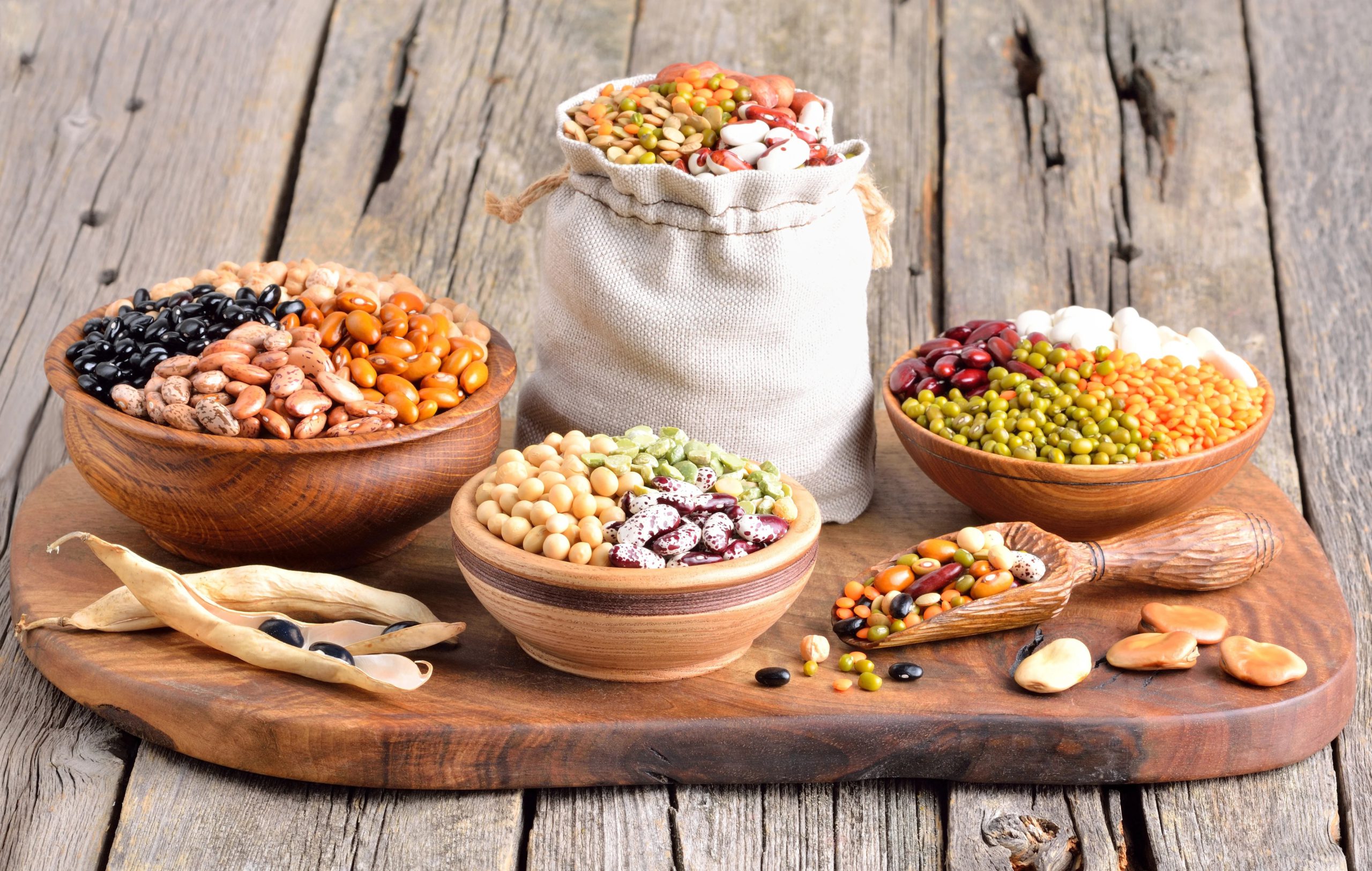How to keep your lungs healthy and strong
Multiple studies have shown that lifestyle modifications, including specific nutrients and foods in your diet, can help protect your lungs and even reduce the damage and symptoms of lung diseases.

Foods that help boost lung function
Here are some foods that support lung health, which you can incorporate into your diet.
Apples
Apples – in particular, apple skin – contain vitamins A and C and an antioxidant called quercetin, which has been shown to ease inflammation in the lungs and help people living with lung diseases. On top of that, eating apples and other fruits (including bananas and tomatoes) have been found to help prevent lung function decline, especially for people who used to smoke.
Beets and beet greens
Beetroot and beet greens are rich in nitrates, which help relax blood vessels, reduce blood pressure and optimize oxygen uptake. Additionally, beet greens are packed with magnesium, potassium, vitamin C and carotenoid antioxidants – all of which are essential to lung health.
Berries
Deep-colored berries like blueberries, strawberries and blackberries are rich in anthocyanins, an antioxidant in the flavonoid family. Anthocyanins have numerous benefits, including reducing mucus and inflammation in the lungs, as well as the potential to slow age-related declines in lung function.
Brazil nuts
Brazil nuts are among the richest sources of selenium, which studies have shown to help protect against lung cancer, improve respiratory function in people with asthma and enhance antioxidant defenses and immune function.
Leafy greens
Leafy green vegetables, such as kale, spinach and Swiss chard, contain multiple kinds of antioxidants (including vitamin C and carotenoids) that help fight inflammation. Consuming enough carotenoids is associated with a lower risk of lung cancer.
Legumes
Legumes, such as beans, lentils and peas, have high levels of fiber, which was found to improve lung function in one study. Another study found that consuming dietary fiber has a “protective effect” on the lungs and helps reduce the prevalence of chronic obstructive pulmonary disease (COPD).

Peppers
Red bell peppers and chili peppers have high concentrations of vitamin C, another key antioxidant that promotes better lung health and decreases inflammation. Getting the recommended daily amount of vitamin C is important for everyone.
Tomatoes
Tomatoes and tomato-based products (including tomato juice) are a fantastic source of vitamin C and lycopene – another type of carotenoid antioxidant that eases inflammation in the airways. Lycopene may also offer a reduced risk of death in people with COPD.
Yogurt
Yogurt is rich in calcium, phosphorus, potassium and selenium – nutrients that help boost lung function and protect you against COPD risk.
Healthy habits that support lung health
By focusing a little of your energy on these tasks, you can help keep your lungs working optimally for life.
Avoid exposure to pollutants
Avoid passive smoking, and do not go outside during peak air pollution times. Avoid exercising near heavy traffic as you can inhale the exhaust from vehicles. Minimize your exposure to airborne pollutants at work by taking all possible safety precautions.
Do the following to reduce indoor pollutants in your home:
Avoid synthetic air fresheners and candles that can expose you to additional chemicals, like benzene and formaldehyde. Instead, use an aromatherapy diffuser and essential oils to scent the air.
Dust the furniture and vacuum it at least once a week.
Keep your home as clean as you can. Mold, dust and pet dander can all irritate your lungs.
Make your home a smoke-free zone. Make sure you have adequate fans, exhaust hoods and other ventilation methods throughout your home.
Open a window frequently to increase indoor air ventilation.
Use natural cleaning products when possible, and open a window when using products that create fumes.
Breathe deeply
According to the American Lung Association (ALA), as aerobic exercise improves your heart function and strengthens your muscles, breathing exercises can make your lungs more efficient.
When you have healthy lungs, breathing is natural and easy. You breathe in and out with your diaphragm doing about 80 percent of the work to fill your lungs with a mixture of oxygen and other gases, and then to send the waste gas out.
Exercise to breathe harder
According to an article published in the journal Breathe, the muscles between your ribs expand and contract during exercise, and the air sacs inside your lungs work quickly to exchange oxygen for carbon dioxide. The more you exercise, the more efficient your lungs become.
Creating strong, healthy lungs through exercise helps you to better resist aging and disease. Even if you do develop lung disease down the road, exercise helps to slow the progression and keeps you active longer.
When your lungs are healthy, you keep a large breathing reserve. You may feel “out of breath” after exercise, but you will not be “short of breath”.
yogaesoteric
September 15, 2023
